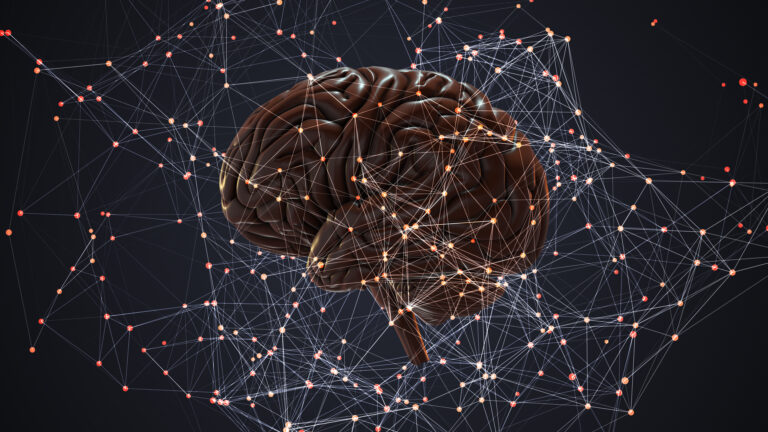Scientists may have discovered the reason why people with schizophrenia hear voices
Schizophrenia is a poorly understood disease, but scientists now have greater insight into one of the symptoms of the disease, hallucinations, thanks to new research published Thursday.
People with schizophrenia often “hear” voices and sounds even when nothing is there – up to 80% of people with schizophrenia have auditory hallucinations. Scientists have the idea that this happens when a person with schizophrenia has difficulty recognizing that the internal language is self-generated. But no one has been able to fully explain the mechanisms behind this phenomenon until now.
Xing Tian said: “If you look at the psychiatric research on hallucinations, they always talk about patients who lose their self-control, lose their self-control, so that they can have a , the study’s lead author and associate professor of Neural and Cognitive Sciences at NYU Shanghai amazing.’
The study, published in PLOS Biology, is the latest encouraging news for schizophrenia research, after the Food and Drug Administration recently approved a drug that could dramatically change the way doctors treat the condition. Researchers hope that a deeper understanding of the disease’s pathogenesis will also help develop treatment options beyond drugs. This latest scientific breakthrough could change the lives of the nearly 4 million people with schizophrenia in the United States.
Tom Whitford, professor of psychology at the University of New South Wales, Australia, who was not involved in the research, says: “It is very important to know exactly which part of that mechanism is abnormal in people with schizophrenia. You can’t cure what you don’t understand, and this lack of understanding has hindered the development of new treatments, which really haven’t changed much in the last 40 years.
To better understand sensory perception, it is necessary to illuminate other brain functions. When a person performs an action, their brain sends a copy of neural data from the motor cortex to the sensory system.
This is part of helping the brain to distinguish between experiences that are caused by its own actions and those that come from external sources. If the phone comes out of the house, the brain shuts down the signals that lower the auditory response. Scientists believe that this process developed a sense of helping humans – and animals, as scientists discovered these processes by changing the heads of flies and the eyes of fish by surgery.
Another way to show the effect of this mechanism is tickling. Even the strongest person in the world can’t shake himself.
“When I speak, I bleed the primary blood vessels that move the mouth and the tongue and the throat,” Whitford said. “The idea is that you have a copy of those motor signals. I, too, am looking forward to hearing the Australian nasal voice.”
For people with schizophrenia, these expectations are skewed. Passivity experiences, another symptom of illness, lead many people to believe that an external agent is controlling them. This loss of agency is supported by research showing impaired motor signals in people with schizophrenia. While Tian and his colleagues agree this disruption leaves room for these sensory experiences to occur, their latest research suggests the signs are wrong. add parts in addition to their uncontrollable pressure.
To confirm this hypothesis, the researchers tested three groups of 56 people in total: a control group without schizophrenia, people with the disorder but without rational thinking, and people with the disorder and sense of hearing.
Using EEG, the team captured changes in brain activity when people are about to speak – when they are preparing to speak without knowing the content and when they are preparing to say a particular syllable. These different conditions allowed the researchers to compare different motor signals involved in stress. What they found was that everyone with schizophrenia showed “broken” and “noisy” electrical signals, and that the connectivity of these wonky signals converged and lead to visions.
Tian says the team’s latest experiments with larger samples examining these methods have confirmed the findings. He hopes that this research will help scientists to provide other non-pharmacological methods of treating schizophrenia, such as transcranial magnetic stimulation.
“Some patients really refuse the drug – maybe it’s because it’s difficult to change the network of activity [with them],” he said. “If our hypothesis is correct, using a non-invasive method of neuromodulation can reduce hallucinations.”
#Scientists #discovered #reason #people #schizophrenia #hear #voices
